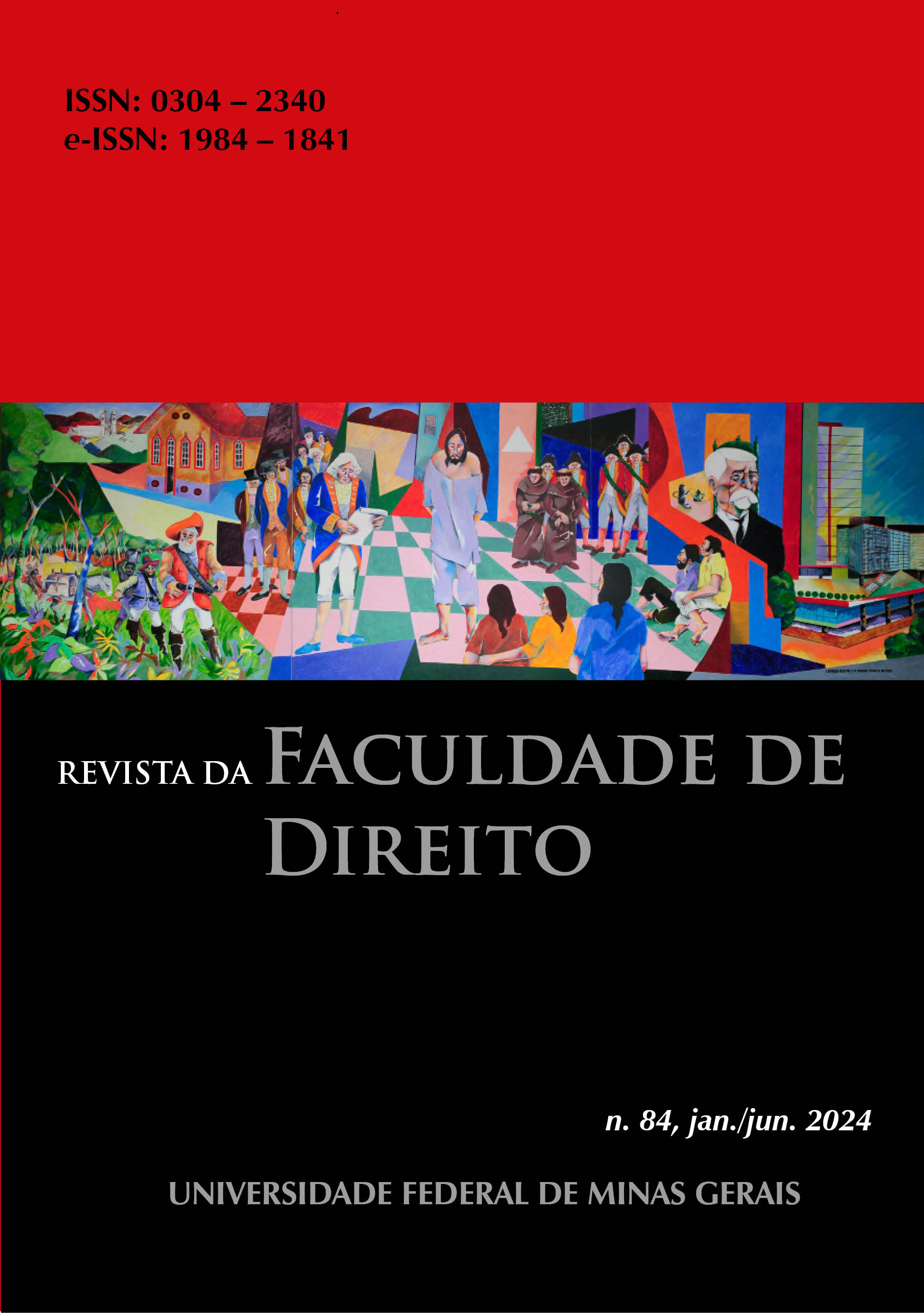DATA AND ARTIFICIAL INTELLIGENCE: HERMENEUTICAL INVESTIGATION ON THE NON-THEMATIZED ASSUMPTIONS OF LEGAL REGULATION - DOI: 10.12818/P.0304-2340.2024v84p395
DOI:
https://doi.org/10.12818/P.0304-2340.2024v84p395Abstract
This essay seeks to analyze and establish the
fundamental principles that underpin the
concepts driving the increasing amount of laws
in Western nations about the safeguarding of
personal data. Specifically, it focuses on the
concept of an autonomous entitlement to this
protection and the fundamental concept of
data itself. The discussion that follows applies
the hermeneutic-phenomenological method,
which begins with specific and tangible aspects
of information revealed by the Philosophy of
Information. The findings of this inquiry lead
us to the conclusion that the right to data
protection is not autonomous, but rather
based on the concept of data that cannot be
formed in isolation or on an individual basis.
The protection of privacy makes the shortened
notion of data protection unnecessary, and its
guiding horizon is not data, but the meanings
of action that remain possible based on (the
subject’s) informational vulnerability.
KEYWORDS: Data protection. Hermeneutics.
Phenomenology. Informational vulnerability.
Philosophy of Information




















